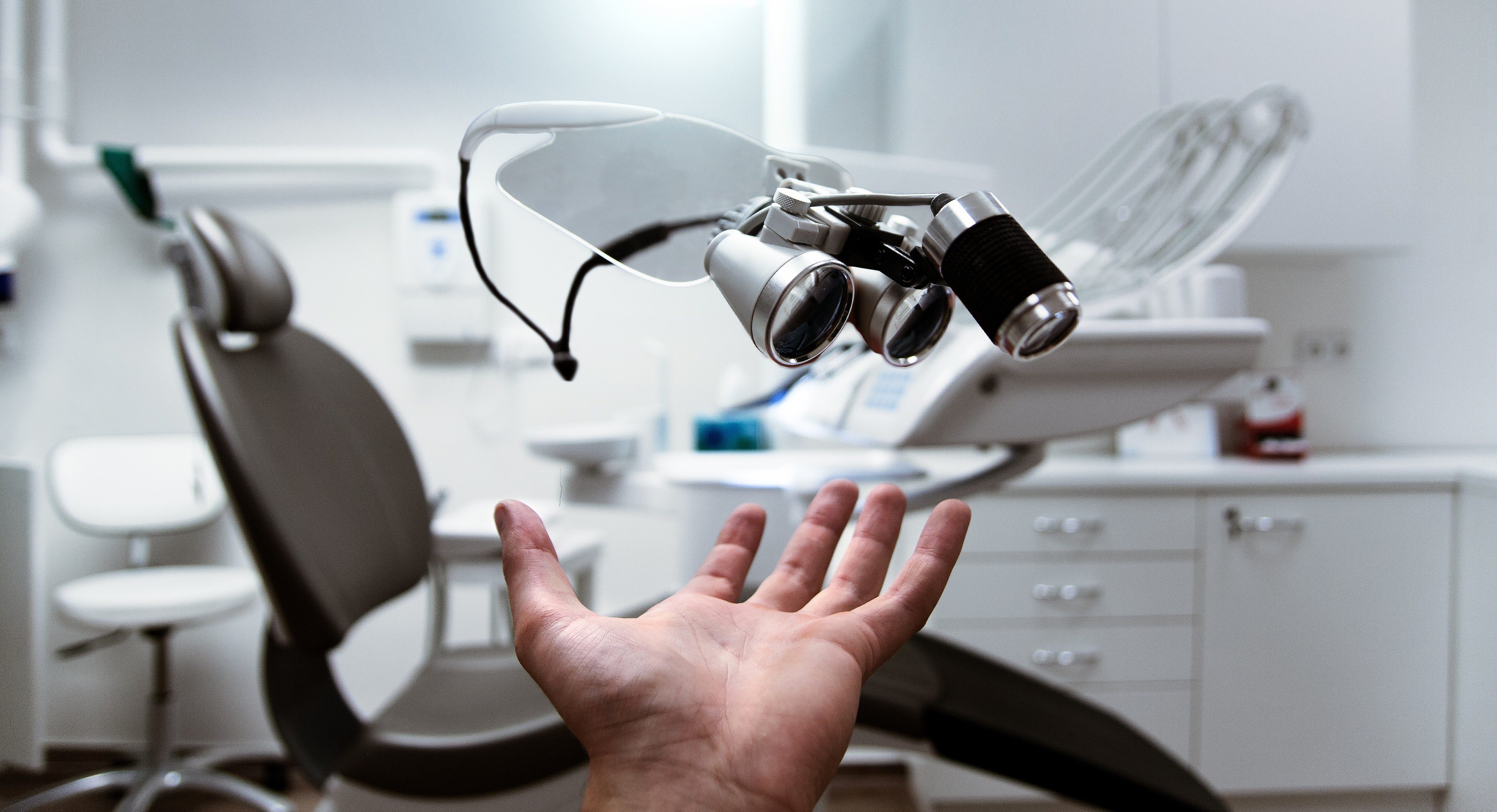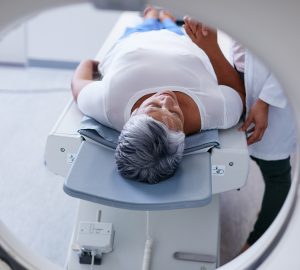With society embracing technological advancements in healthcare, the BLS predicts a 52% job increase for nurse practitioners from 2020 to 2023. As a nurse, you should understand that staying up-to-date with these advancements is crucial for providing high-quality care and advancing your career.
Today, technology has infiltrated the nursing field, and those who are not adaptable will be left behind. You can connect with more patients than ever before through remote jobs. You can access vital patient data in record time with digital logs. Technological advancements in healthcare have created more opportunities for nurses to excel, and here’s all you need to know.
Professional Development
Technology has made balancing education and clinical hours more accessible to busy nurses by providing remote work and online MSN programs. The BLS reports that these individuals who obtain their master’s degree in nursing earn around $46,000 more than registered nurses. Furthermore, pursuing a master’s is now more accessible as online learning removes the burden of full-time commitments. You can advance your career by building your resume and experience while pursuing higher education for better career prospects.
You can specialize in your degree and choose which nurse role suits you best. Some universities deliver a more comprehensive selection by offering five nurse practitioner programs. The program diversity of master of nursing degrees online gives you room to explore your interests and realize your potential. Suppose you want to be a pediatric nurse or a family nurse. In that case, defining your focus lets you visualize the type of nurse you wish to become. This flexible nature of education keeps you motivated and helps you progress in your field faster.
Better Medication Management
In the past, nurses could make mistakes while counting pills and accidentally give the wrong dosage. But now, technology brings barcode scanning and electronic medication administration systems to reduce human errors. The system verifies the correct medication and dosage with a simple scan of the drug and the patient’s wristband, minimizing the risk of errors. This verification means you can feel confident you’re providing the proper treatment and ensuring your patient’s safety.
Technology dramatically improves medication management, making it easier for nurses to deliver accurate and effective care. When you’re overwhelmed and find it challenging to keep track of various medications. Technology can be your ally, providing prompts and reminders to keep you organized and on schedule. You can be at ease while administering medicine, knowing that every pill has passed through a safety measure and is entirely accurate.
Increasing Efficiency And Workflow
Technology makes your work efficient and organized. Imagine you’re a nurse who struggles to keep patient records organized and up-to-date. With electronic health records (EHRs), you can access patient information, update records in real time, and avoid the hassle of paper-based documentation. This resource saves you time and ensures accurate patient data.
You can also communicate more efficiently through technology on secure messaging platforms or telehealth solutions. These technological advancements in healthcare connect you with colleagues, physicians, and other team members, regardless of your physical location. This instantaneous connection boosts workflow as you can smoothly pass down instructions and communicate about any discrepancies, fostering a positive work environment.
Technology also helps you monitor your patients through wearable devices. You can track patient vital signs and gain real-time data to detect potential health issues early. By identifying problems sooner, you can intervene promptly and deliver personalized patient care.
Improved Patient Engagement
Suppose you have a patient who has difficulty managing their chronic condition. In that case, you can utilize patient portals and mobile applications to help them prioritize their health. You can recommend apps that help track symptoms, remind them to take medications, or provide educational resources.
Technology also boosts interaction with your patients through video calls and telehealth platforms that connect you with patients remotely. This option helps those with transportation challenges or limited access to healthcare facilities. Remote healthcare ensures everyone who needs care can access it, allowing you to address patient concerns and provide guidance from anywhere.
You can also teach patients how to access their electronic health records so they can see their lab results and appointments. When patients have insight into their medical information, they get more engaged in their treatment plan, ask more questions, and feel empowered to take control of their health.
Enhanced Safety
Imagine you’re looking after a critically ill patient. Technology comes to your aid by providing real-time monitoring and alert systems that notify you of any dangerous changes in the patient’s condition. With the help of remote monitoring devices and wearable sensors, you can constantly watch their vital signs. If there’s any cause for concern, you’ll receive immediate alerts, allowing you to act quickly and prevent any harmful events from occurring. These technological advancements in healthcare ensure the safety of your patients.
Technology also enhances collaboration during emergencies where quick and effective communication is essential. For example, when a patient experiences a sudden cardiac arrest, you can swiftly alert your team through your phone. This immediate communication allows your team to work seamlessly to save the patient’s life.
Improved Clinical Outcomes
Imagine you have an X-ray of your chest to check for lung problems. In the traditional process, the X-ray technician takes the image and sends it to a radiologist, who manually reviews and interprets it. However, with technologies such as intelligent imaging, the X-ray is processed by a computer program that uses cutting-edge algorithms and artificial intelligence to analyze the image. It can quickly detect abnormalities or potential issues in your lungs, providing a more accurate and detailed report to the radiologist.
This tool helps the radiologist diagnose faster and more accurately, allowing your healthcare team to provide appropriate treatment sooner. So, intelligent imaging acts like a super-smart assistant, assisting doctors in seeing things they might have missed and ensuring you receive the best care possible.
Similarly, suppose you’re a nurse faced with a critical patient situation but hesitate to take immediate action due to uncertainties or lack of information. With tools such as Intelligent Imaging, you can receive quicker and more reliable results, enabling you to make timely decisions and provide appropriate treatments.
Conclusion
As healthcare changes, nurses must keep up with new technology and embrace it fully. Technological tools help you give the best care possible, keep patients safe, and work more efficiently. Remember, technology can’t replace the care and compassion you bring as a nurse. It’s a tool that supports your expertise and helps you handle complex situations better. By using technology, you can improve how you work and provide even better care to your patients.









